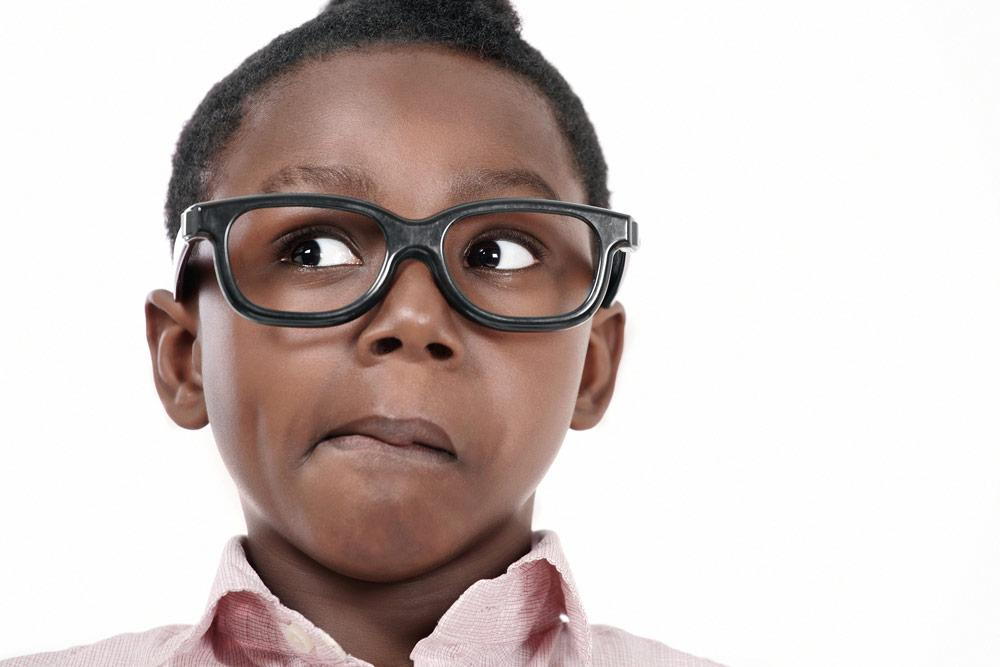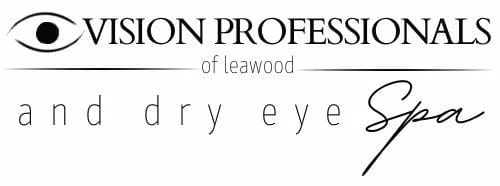Myopia Control in Kids

- posted: Mar. 25, 2021
Myopia, also known as nearsightedness, is a refractive error that makes it difficult to see distant objects. While myopia doesn’t affect the clarity of close-up objects, it makes it difficult to see far-away objects clearly without correction. If your child has myopia, it can progress swiftly in a short time. In children, myopia also elevates the risk of other eyesight disorders such as cataracts, glaucoma, and retinal detachment.
Progression of Myopia
As a child grows, their eyeballs tend to become larger and longer. If they have myopia, the focal point of a far-off object recedes progressively further in front of the retina. If left unchecked, myopia can advance rapidly. Although the condition is irreversible, our family optometrist can halt its progression to protect your child’s eyesight health.
Predictive Risk Factors
Studies indicate that a child is at a higher risk of developing myopia if:
- One or both parents are myopic
- They spend most of their time indoors with artificial lighting
- Most of their work concentrates on close-up objects
- They suffer from peripheral hyperopia
Treatment Options
Myopia control is the collective treatment an optometrist employs to slow or stop myopia progression. It entails:
- Using low-dose atropine eye drops - Low-dose atropine eye drops dilate pupils and paralyze the eye’s focusing muscles temporarily during eye exams. Moreover, optometrists prescribe small bedtime doses in myopic children of ages between 5 and 18 years for 2 to 3 years to slow myopia progression.
- Spending more time outdoors - Many studies indicate that bright natural outdoor light is essential for developing normal vision. It also decreases the progression of myopia. Encourage your child to spend as much time outside as possible.
- Soft bifocal contact lenses - Optometrists prescribe center-far, periphery-near concentric soft bifocal contact lenses to correct myopic eyesight in children.
- Orthokeratology (Ortho-K) - Orthokeratology is a custom contact lens worn overnight and removed in the morning. It flattens a child’s corneas at night, causing objects to fall precisely on the retina. If worn as directed, Ortho-K lenses provide a permanent reduction in myopia progression in kids.
Family Eye Care in Leawood, KS
If you believe your child is suffering from myopia, the family eye care specialists at Vision Professionals of Leawood are ready to assist you. For more information or to schedule an appointment, call us at (913) 239-9446.

- posted: Mar. 25, 2021
Myopia, also known as nearsightedness, is a refractive error that makes it difficult to see distant objects. While myopia doesn’t affect the clarity of close-up objects, it makes it difficult to see far-away objects clearly without correction. If your child has myopia, it can progress swiftly in a short time. In children, myopia also elevates the risk of other eyesight disorders such as cataracts, glaucoma, and retinal detachment.
Progression of Myopia
As a child grows, their eyeballs tend to become larger and longer. If they have myopia, the focal point of a far-off object recedes progressively further in front of the retina. If left unchecked, myopia can advance rapidly. Although the condition is irreversible, our family optometrist can halt its progression to protect your child’s eyesight health.
Predictive Risk Factors
Studies indicate that a child is at a higher risk of developing myopia if:
- One or both parents are myopic
- They spend most of their time indoors with artificial lighting
- Most of their work concentrates on close-up objects
- They suffer from peripheral hyperopia
Treatment Options
Myopia control is the collective treatment an optometrist employs to slow or stop myopia progression. It entails:
- Using low-dose atropine eye drops - Low-dose atropine eye drops dilate pupils and paralyze the eye’s focusing muscles temporarily during eye exams. Moreover, optometrists prescribe small bedtime doses in myopic children of ages between 5 and 18 years for 2 to 3 years to slow myopia progression.
- Spending more time outdoors - Many studies indicate that bright natural outdoor light is essential for developing normal vision. It also decreases the progression of myopia. Encourage your child to spend as much time outside as possible.
- Soft bifocal contact lenses - Optometrists prescribe center-far, periphery-near concentric soft bifocal contact lenses to correct myopic eyesight in children.
- Orthokeratology (Ortho-K) - Orthokeratology is a custom contact lens worn overnight and removed in the morning. It flattens a child’s corneas at night, causing objects to fall precisely on the retina. If worn as directed, Ortho-K lenses provide a permanent reduction in myopia progression in kids.
Family Eye Care in Leawood, KS
If you believe your child is suffering from myopia, the family eye care specialists at Vision Professionals of Leawood are ready to assist you. For more information or to schedule an appointment, call us at (913) 239-9446.
